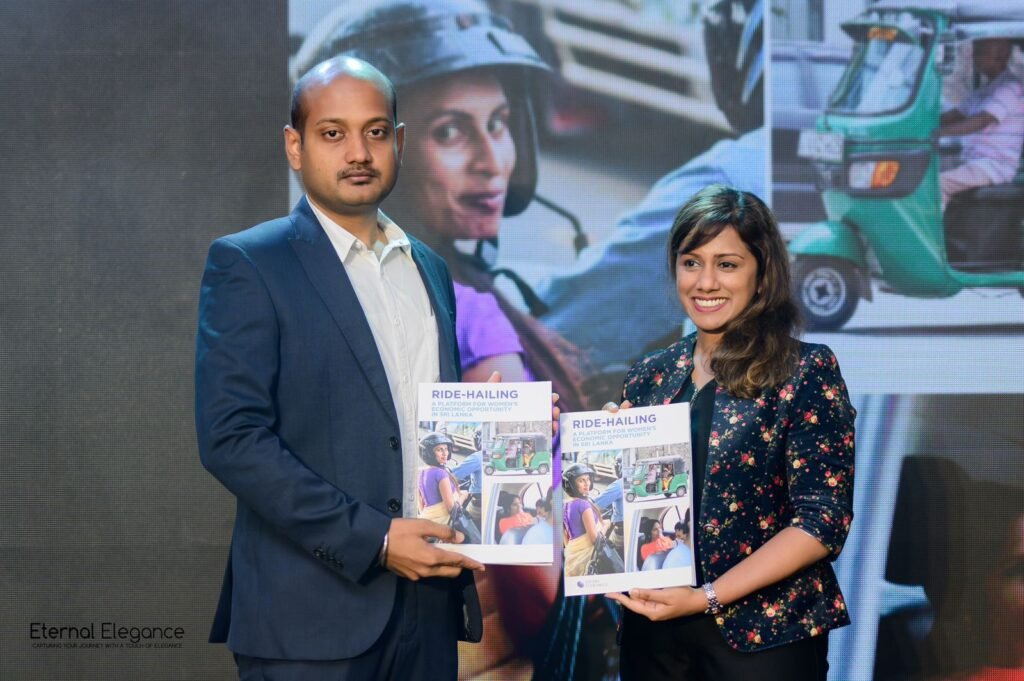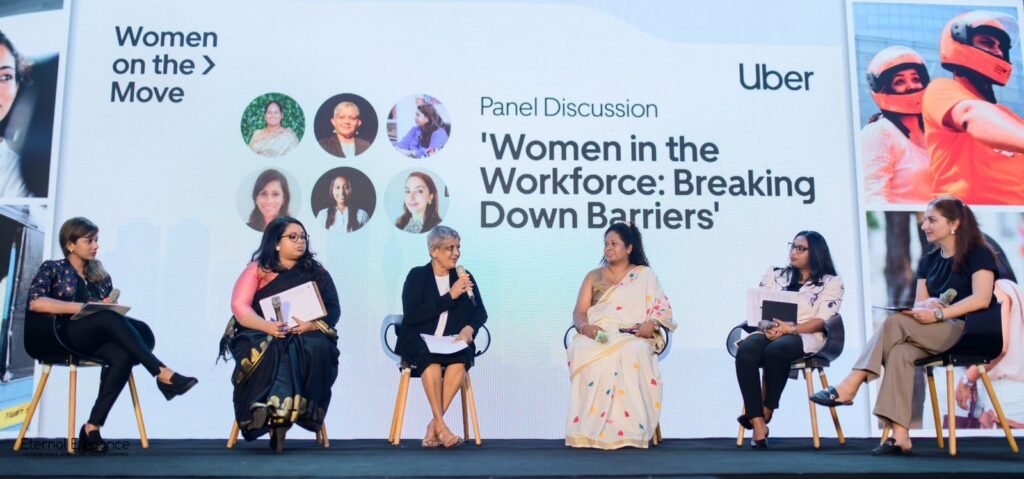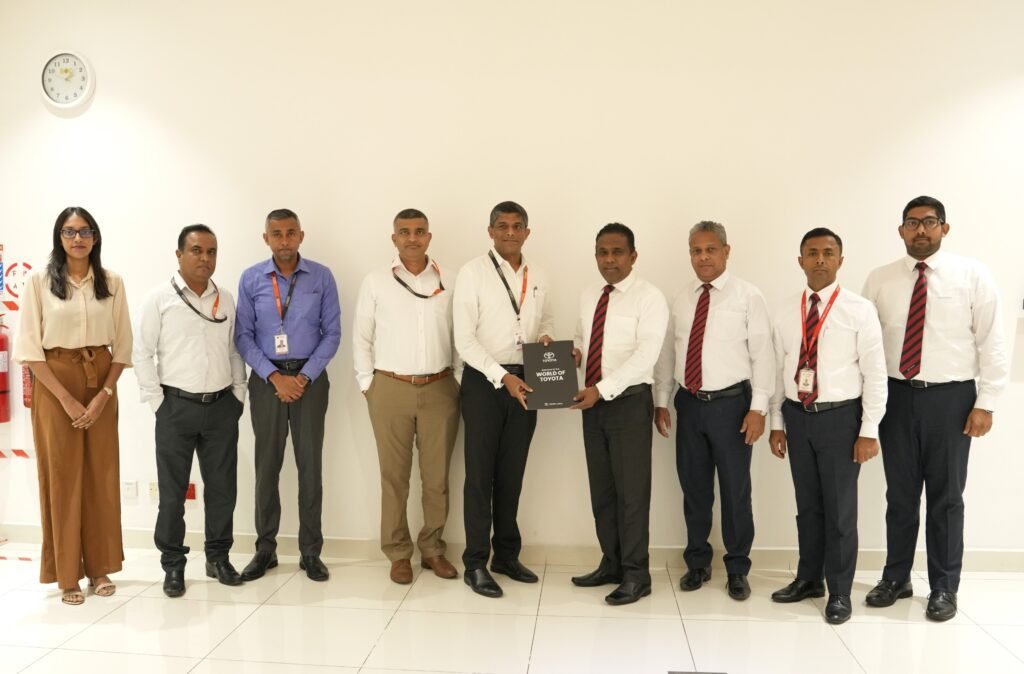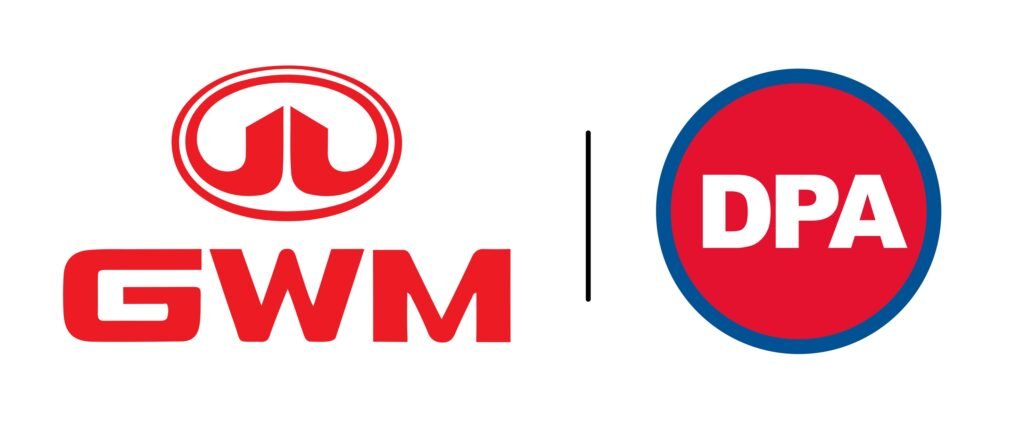Uber, Sri Lanka’s most loved ride-hailing app, today released a pioneering research report that sheds light on the transformative role of ride-hailing platforms in empowering women and fostering economic opportunities in Sri Lanka. The industry report, titled “Ride-Hailing: A Platform for Women’s Economic Opportunity in Sri Lanka,” unveils a compelling view of how these services are playing a transformative role in bringing more women into the workforce.

The study reflects how ride-hailing services have become a vital vehicle for women to access the workforce or move up the ladder to achieve financial independence and makes projections about how:
- Access to mobility could increase female workforce by over 8% by 2028 in Colombo
- With ride-hailing boost to women – over 50,000 more women will join the workforce in Colombo
- This bump up could result in a boost to the size of city’s economy by over 3%
Kaushalya Gunaratne, Country Lead – Rides, Uber Sri Lanka, said, “Greater women’s participation in the workforce is vital for Sri Lanka to realize its economic potential. This research by Oxford Economics highlights how safe, reliable commuting options through ridehailing can bring in more women to join the workforce. I’m heartened to see how Uber and other ride hailing options are helping solve this ‘gender commute gap’ by providing women a safe and convenient option to get to work daily. Uber is proud to help Sri Lankan women take part in the country’s economic growth – today and in the future.”

Bali Kaur Sodhi, Lead Economist, Oxford Economics, said, “Women around the world still participate less than men in paid work. The issue is not that women are less educated or less qualified; it largely reflects the fact that women still take the burden of household and care work, especially in emerging markets. This report gives an evidence-based policy recommendation for adoption of technology in helping remove mobility barriers for women to enter the workforce or move up in their careers.”
The research report also draws from a survey conducted on-ground in Sri Lanka. In partnership with Uber, Oxford Economics conducted a survey of Uber riders to gain a comprehensive understanding of the ride-hailing behaviour of women and men across Colombo. It reveals interesting insights into the impact of ride-hailing on women’s workforce participation:
- Joining the Workforce: More than half of working women riders agreed that ride-hailing enabled them to join the workforce, helping women overcome some of the key barriers to participation.
- Work-Family Balance: More than 60% of the working women surveyed felt that ride-hailing was a crucial factor in helping them strike a balance between work and family responsibilities, providing them with the flexibility they needed.
- Safety as a Priority: A staggering 82% of women who used ride-hailing to commute to work cited safety as a primary reason. This reflects the critical role ride-hailing plays in ensuring safe and secure transportation options for women.
- Access to Opportunities: Four out of ten working women riders agreed that ride-hailing enabled them to access a wider pool of suitable work opportunities, broadening their horizons and career prospects.
Women in Sri Lanka have lower labour force participation rates than their global peers. Compared with a worldwide female labour force participation rate of 47% in 2022, the figure for Sri Lanka was just 32%. As per the report, the two biggest challenges to women’s mobility are a lack of access to safe transport and the current imbalance in their work-family arrangements.
Commissioned by Uber – Oxford Economics, an independent global advisory firm, has authored the report which illuminates the important subject of women’s participation in the workforce and offers a glimpse into the potential economic benefits to the individuals and the larger economy that can be realized by 2028. To estimate the economic benefits from increasing access to ride-hailing, Oxford Economics was given access to anonymised and aggregated proprietary data from Uber.
About Uber: Uber’s mission is to create opportunity through movement. We started in 2010 to solve a simple problem: how do you get access to a ride at the touch of a button? More than 25 billion trips later, we’re building products to get people closer to where they want to be. By changing how people, food, and things move through cities, Uber is a platform that opens up the world to new possibilities. Since launching in Sri Lanka in 2015, Uber Rides have grown to more than 40 Sri Lankan cities and enhanced the platform experience with the addition of multiple products.
About Oxford Economics: Oxford Economics is the world’s foremost independent economic advisory firm. Covering over 200 countries, over 100 industrial sectors and 8,000 cities and regions, we provide insights and solutions that enable clients to make intelligent and responsible business decisions faster in an increasingly complex and uncertain world. For more information, visit https://www.oxfordeconomics.com/
Follow Oxford Economics on Twitter and LinkedIn






